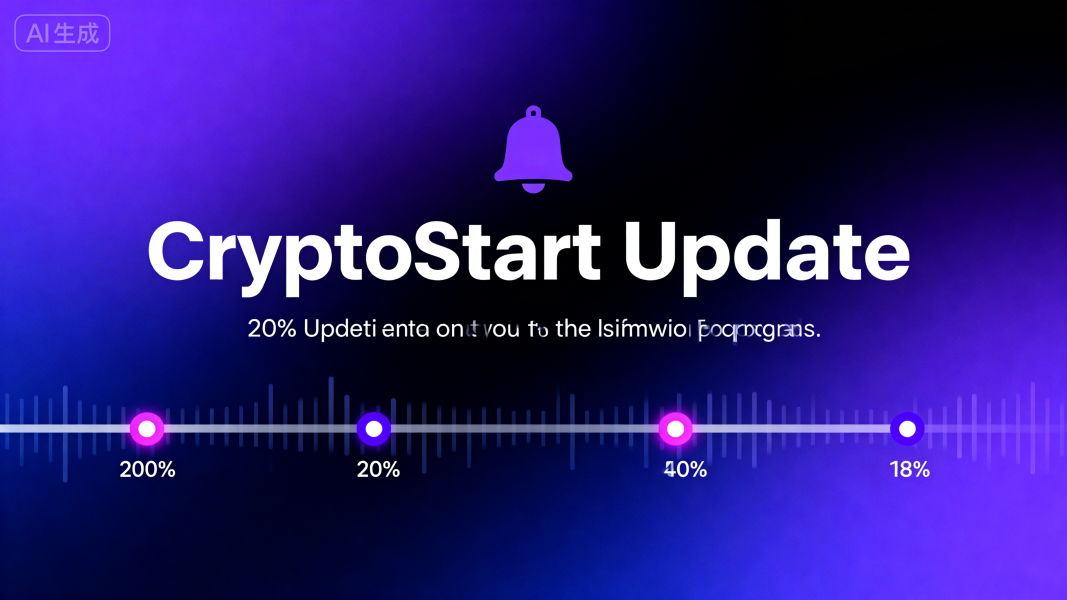Decentralization: No Single Entity Dominates; Power is Dispersed
A beginner-friendly guide to how decentralization shapes virtual currencies and why it matters for global users.
What is Decentralization in Virtual Currency?
At its core, decentralization in virtual currency means no single company, government, or institution controls the network. Unlike traditional money (e.g., dollars or euros) managed by central banks, virtual currencies rely on a distributed network of nodes—ordinary users, computers, or servers spread across the globe—to operate.
Every node in the network holds a copy of the currency’s ledger (usually a blockchain), which records all transactions. For a transaction to be approved, most nodes must agree it’s valid—this “consensus” ensures no single party can alter records, counterfeit coins, or shut down the network. This is the foundation of phrases like “no single entity dominates” and “power is dispersed” in crypto.
How Decentralization Works in Major Virtual Currencies
Two of the most popular virtual currencies—Bitcoin and Ethereum—showcase decentralization in action, though their approaches vary slightly:
- Bitcoin (BTC): The first decentralized virtual currency, Bitcoin uses a P2P (peer-to-peer) network with thousands of nodes worldwide. Miners (nodes that validate transactions) compete to solve complex math problems, and once a block of transactions is verified, it’s added to the blockchain. No single miner or group controls more than a small portion of the network, preventing dominance.
- Ethereum (ETH): Ethereum, known for its smart contract functionality, also operates on a decentralized network. In 2022, it shifted from a “proof-of-work” (mining-based) system to “proof-of-stake,” where users (“validators”) secure the network by locking up ETH. This change made Ethereum more energy-efficient while keeping power dispersed—validators are spread globally, and no single validator can control transaction approval.
Both networks illustrate a key point: decentralization isn’t about “no rules”—it’s about rules being set by the network itself, not a single authority.
Why Decentralization Matters for Virtual Currency Users
For the broad audience of virtual currency users—from casual investors to people in countries with unstable banking—decentralization offers critical benefits:
- Financial Inclusion: In regions where banks are scarce or governments restrict access to money, decentralized virtual currencies let users send, receive, and store funds without a bank account. Anyone with an internet connection can join the network.
- Transparency & Trust: Since every transaction is recorded on a public blockchain (visible to all nodes), there’s no hidden activity. Users don’t have to trust a bank or company—they trust the network’s math and consensus rules.
- Resistance to Censorship: No single entity can block transactions or freeze funds. For example, a government can’t shut down Bitcoin because it has no central server—taking it offline would require shutting down thousands of nodes worldwide, which is practically impossible.
- Reduced Risk of Failure: Centralized systems (like a single bank) face risks like hacks, bankruptcies, or government shutdowns. Decentralized virtual currencies spread risk across the network—if one node fails, thousands of others keep the system running.
Challenges of Decentralization in Virtual Currency
While decentralization is a strength, it also comes with challenges that affect all users:
- Regulatory Uncertainty: Governments worldwide are still figuring out how to regulate decentralized virtual currencies. Some countries have banned them, while others have imposed rules to prevent fraud—this uncertainty can make users wary.
- Speed & Scalability: Decentralized networks often process transactions slower than centralized systems. For example, Bitcoin handles about 7 transactions per second, compared to a credit card network’s thousands. Networks like Ethereum are working on upgrades to fix this, but progress takes time.
- User Responsibility: In a decentralized system, there’s no “customer support” to help if you lose your wallet password or send funds to the wrong address. Users must take responsibility for securing their assets, which can be a barrier for beginners.
The Future of Decentralization in Virtual Currency
Decentralization remains a core value of the virtual currency ecosystem. As networks improve scalability, and as users and regulators learn more about how these systems work, decentralized virtual currencies are likely to become more mainstream.
Whether you’re using virtual currency to send money to family abroad, invest, or explore new apps (like decentralized finance, or DeFi), understanding “no single entity dominates” and “power is dispersed” helps you make informed decisions. Decentralization isn’t perfect, but it’s what makes virtual currencies unique—and for many users, it’s the reason they choose crypto over traditional finance.

